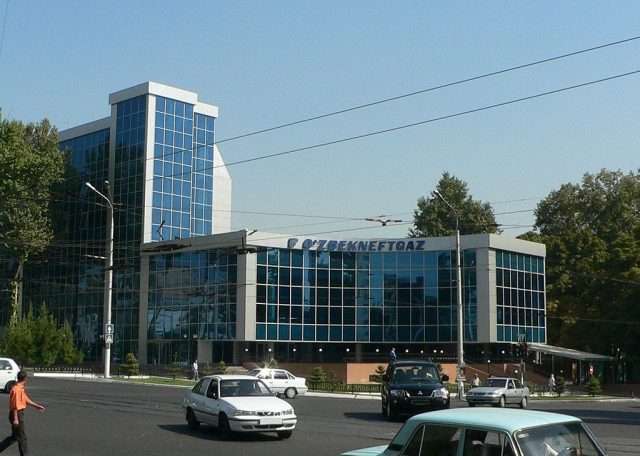
Geopolitical Report 2785-2598 Volume 12 Issue 6
Author: Silvia Boltuc
Since the Republic of Uzbekistan aims at becoming the energy epicentre of Central Asia by establishing a series of energy production infrastructure and, consequently, attracting foreign direct investments (FDIs) in the country, Germany has shown its interest as confirmed by the recent 1,1 billion euro agreement between German banks and Uzbekneftegaz to expand the capacity of the Shurtan Gas Chemical Complex.
During the Tashkent Economic Forum organised on September 29th-30th, 2021, the First Deputy Energy Minister of Uzbekistan Azim Akhmedkhadzhayev stressed that expansion of regional cooperation over the past five years has made possible joint investment projects in Central Asia such as the Uzbek high-voltage power lines that connect the country’s energy system with the networks of neighbouring states.
Akhmedkhadzhayev’s words reflect Tashkent strategy in the region established to exploit the country’s geographical position in Eurasia and Central Asia and connect the Uzbek existing energy infrastructures with the energy systems of Kazakhstan, Kyrgyzstan, Tajikistan and Turkmenistan. Undeniably, Uzkenistan has promoted a national strategy to achieve energy security and expand production, including reforms aimed at doubling energy capacity generation by 2030, with 25% of electricity generated from renewable sources.
Since Uzbekistan represents an attractive energy market in the heart of Central Asia linked with neighbouring countries and located in a strategic region, Germany has demonstrated its interest to become actively involved in Uzbek energy production and infrastructures. Hence, on September 30th, 2021, Deutsche Bank, Landesbank Baden-Wuerttemberg and Landesbank Hessen-Thüringen Girozentrale signed an agreement with Uzbekneftegaz to allocate 1.1 billion euros to expand the Shurtan gas chemical complex. As part of the document, Deutsche Bank will allocate 500 million euros, Landesbank Baden-Wuerttemberg – 300 million euros and Landesbank Hessen-Thüringen Girozentrale – 300 million euros. The funds will be raised under the insurance coverage of Euler Hermes (Germany), SACE (Italy), Atradius (Netherland) and other European export credit agencies.
The expansion project of the Shurtan Gas Chemical Complex will be implemented based on export financing without government guarantees. Its total cost is about $ 1.8 billion, of which $ 1.2 billion will be contributed by a consortium of foreign banks and financial institutions and $ 600 million by Uzbekneftegaz. The chairman of Uzbekneftegaz, Mehriddin Abdullayev, commented on the agreement stressing that the expansion of the production capacity of the Shurtan Gas Chemical Complex, which is the flagship of the gas chemical industry of Uzbekistan and the main producer of polymers in the region, is another step towards achieving Uzbekistan’s goal of increasing the volume of deep processing of hydrocarbons for the production of petrochemical products with high added cost.
As the Ministry of Energy of Uzbekistan reported, the expansion of production capacities at the Shurtan Gas Chemical Complex will lead to an annual increase in production by 280 thousand tons of bimodal polyethene, 100 thousand tons of polypropylene and 50 thousand tons of pyrolysis distillate.
Conclusion
Because in the framework of Central Asian geopolitical and economic dynamics, Germany is becoming one of the leading European countries involved in this region by supporting the European Union strategy in Central Asia and promoting investments and business thanks to German banks, financial institutions, and companies. The Central Asian energy market is profitable and can attract foreign interest from regional and international actors. Since U.S. troops withdrawal from Afghanistan, Central Asian dynamics and regional alliances have mutated, and several geopolitical actors have been involved in local projects to affirm or maintain their presence (How Afghanistan is influencing the Turkmenistan-Uzbekistan cooperation; Iran e Kirghizistan discutono la cooperazione regional; Turkmenistan And Uzbekistan Strengthened Their Cooperation). Germany is part of this ‘geopolitical game’ and has targeted Uzbekistan as one of the most attractive energy markets linked with neighbouring countries. Furthermore, on the other hand, German investments in Uzbek infrastructures might support Tashkent’s strategy to modernise and expand its energy industry and arise as the energy epicentre in Central Asia.



